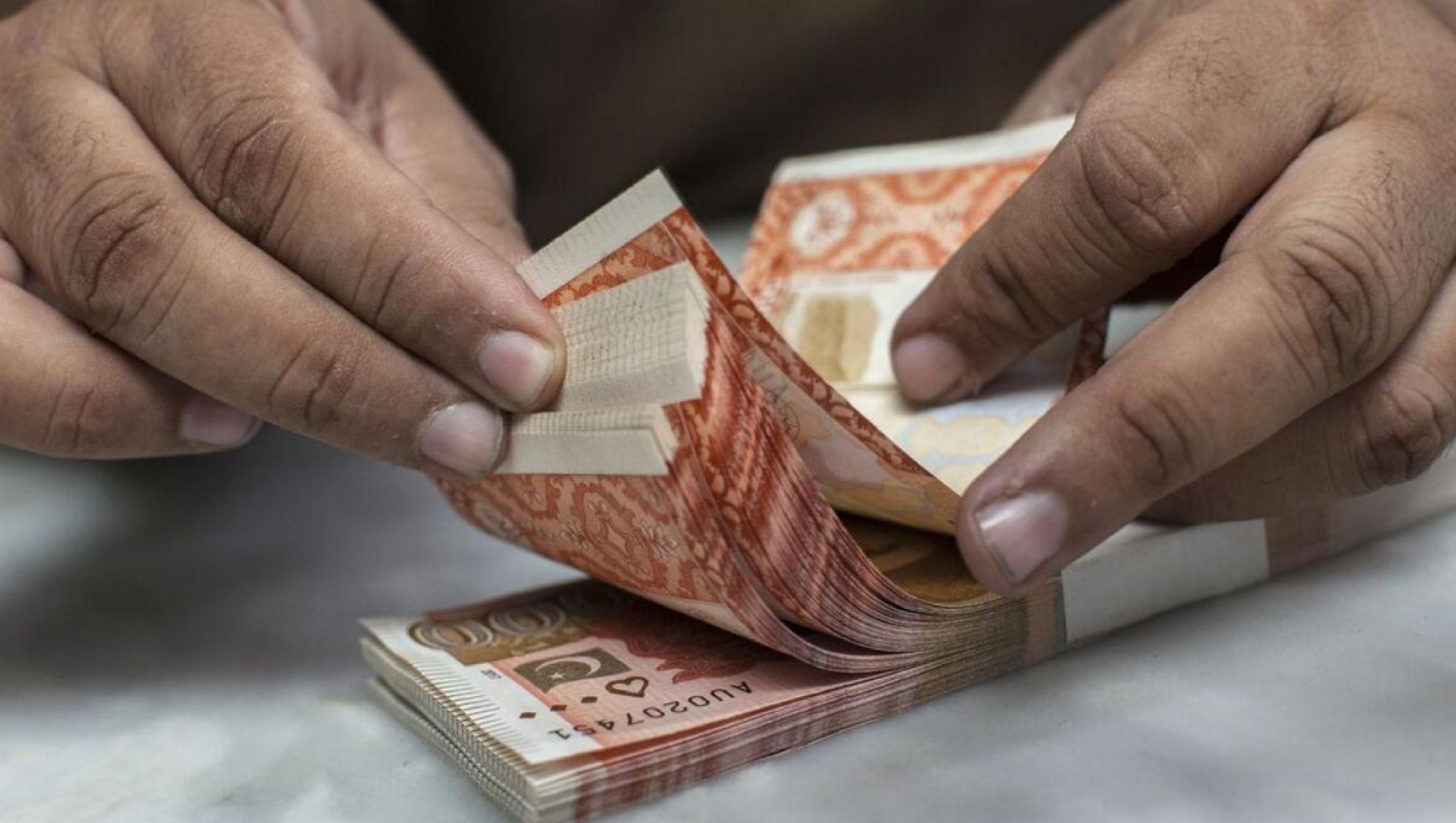
Pakistan’s tax system has been faced with several challenges including low tax-to-GDP ratios, a narrow tax base, and high rates of tax evasion.
Syed Ali Ehsan
Pakistan’s tax-to-GDP ratio was only 10.4% in 2020, which is significantly lower than the average of 15.3% for countries in the South Asian region (World Bank). Economists and policymakers have proposed that a low rate, flat, broad-based, and predictable tax regime can help Pakistan overcome these challenges and achieve greater economic growth and development. The proposals are reflected in the Pakistan Charter of Economy.
Low Rates
Several reasons support the implementation of a simplified tax system with a low tax rate. First, low tax rates encourage taxpayers to comply with their tax obligations. High tax rates can discourage people from working, investing, or saving, as the cost of these activities may be too high compared to their after-tax returns. Conversely, low tax rates provide individuals and businesses with more financial resources to engage in productive economic activities, which leads to increased economic growth and development.

Furthermore, a one-percentage-point reduction in tax rates can lead to a 0.3% increase in GDP in the short run and a 0.6% increase in the long run, according to a study by the International Monetary Fund (IMF). Tax evasion in Pakistan amounts to about 70% of the total tax revenue (Pakistan Institute of Development Economics).
Lower Administrative Costs and Compliance
A simplified tax system can lead to lower administrative costs, resulting in significant cost savings for the government. According to a World Bank report, Pakistan spends approximately 1.7% of its GDP on tax administration, which is higher than the average for countries in the South Asian region. Streamlining the tax collection process and reducing the need for expensive technology and personnel could lower administrative costs.
The current tax system in Pakistan is characterized by a multitude of tax rates, exemptions, and deductions, making it complex and difficult for taxpayers to understand and comply with. A flat tax rate would simplify the system, reduce the need for tax planning, and promote greater transparency and accountability. A World Bank study found that a flat tax rate could increase compliance by up to 7%, as taxpayers would be less likely to engage in tax evasion or avoidance.
A Broader Base
A broad-based tax system is desirable because it ensures that all individuals and businesses contribute to the tax base. Pakistan’s tax base is narrow, with only a small proportion of the population paying income tax. A broad-based tax system would ensure that all individuals and businesses, regardless of their income or status, contribute to the tax base. This would increase the revenue raised from taxes and promote greater fairness and equality in the tax system.
Broadening the tax base by just 1% could lead to an additional Rs. 50 billion in revenue, according to a study by the Pakistan Institute of Development Economics. Dr. Ikramul Haq in 2019 estimated that a flat tax rate of 15% could result in a tax revenue increase of up to 0.9% of GDP in Pakistan
Predictability and Certainty over the Long Run
A predictable tax system is desirable because it promotes certainty and stability for taxpayers. The current tax system in Pakistan is characterized by frequent changes in tax laws and regulations, leading to uncertainty and instability for taxpayers. A predictable tax system would provide taxpayers with greater certainty and stability, allowing them to plan their finances and investments more effectively. Countries with more stable tax systems tend to have higher rates of economic growth and development, according to a study by the Tax Justice Network.
Limiting Corruption
A simplified tax system can reduce corruption and tax evasion, leading to higher tax revenues for the government. According to the Pakistan Institute of Development Economics, tax evasion in Pakistan amounts to approximately 70% of the total tax revenue. A simplified tax system with lower tax rates and reduced complexity could reduce opportunities for corruption and increase tax compliance, resulting in higher tax revenues for the government.
Economic Efficiency
Simplified tax regimes can allocate resource more efficiently, as individuals and businesses are not deterred from engaging in economic activity due to high taxes or a complex tax system. According to a study by the International Monetary Fund, a simpler tax system can lead to higher investment, greater innovation, and higher levels of economic growth. This is because a simpler tax system reduces the time and resources required to comply with tax regulations, which can be a significant barrier to economic activity.
Low rate, flat, broad-based, and predictable tax regime can bring significant benefits to Pakistan’s economy. Such a tax regime would incentivize taxpayers to comply with their tax obligations, simplify the tax system, broaden the tax base, and promote certainty and stability for taxpayers.

The writer is a program director at PRIME Institute, Islamabad.

